Welcome to the world of DeFi, where decentralised finance is revolutionising the financial sector. DeFi is a brand-new, totally decentralised method of carrying out financial transactions that functions independently from the established financial system. Without the use of middlemen like banks, it offers a more secure, transparent, and easily accessible method of trading value.
More users and investors are flocking to this brand-new and exciting market as DeFi gains popularity in the USA. The DeFi ecosystem has experienced rapid expansion in recent years, and by 2021, the total value of the DeFi protocols will have surpassed $100 billion. But along with this expansion also come new difficulties, particularly in the area of security.
For the ecosystem to continue expanding and succeeding, DeFi protocol security must be ensured. It is impossible to exaggerate how crucial security is in DeFi because the loss of money caused by security flaws might have disastrous effects on users and the ecosystem as a whole. To protect user funds and uphold confidence in the DeFi space, it is crucial to develop robust and efficient security mechanisms. This blog article will examine some best practises for protecting the safety and security of users’ finances in the DeFi ecosystem as well as the significance of DeFi security measures in the USA. So let’s enter the world of DeFi security while strapped in!
DeFi Security Measures Overview
In DeFi protocols, a number of security mechanisms are frequently used to safeguard users’ cash. Multi-factor authentication is one such security solution that requests users to present two or more forms of identification in order to confirm their identity. This makes it so that only the legitimate owner of the funds can access them and helps prevent unauthorised access to user accounts. Encryption is another widely used security solution that is used to prevent unauthorised access to sensitive data such as private keys and transactional information.
DeFi protocols frequently use bug bounties and smart contract audits to find and address any potential security flaws in the code. This protects against possible attacks and guarantees that the protocols are operating as intended. These security precautions are essential for safeguarding users’ money because losing money due to security lapses may be disastrous for customers and erode faith in the DeFi ecosystem. DeFi protocols can contribute to the safety and security of its customers’ finances by putting in place robust security mechanisms, creating a more reliable and dependable ecosystem.
Associated Risks with DeFi
DeFi has several advantages, but there are also a number of concerns that need to be taken into account. Smart contract flaws are a significant danger since they can let hackers use coding errors to steal money. Flash loan attacks are also a problem since they let attackers obtain sizable loans quickly and use them to manipulate markets or carry out other nefarious deeds.
It’s critical to have strong security measures in place to reduce these dangers. Regular smart contract audits and testing to find and patch vulnerabilities can be part of this, as can the usage of decentralised governance mechanisms to make sure protocols are safe and working as intended. In order to lessen the impact of such assaults, protocols may also employ risk management techniques like limiting the number of loans or requiring collateral. By performing these actions, DeFi protocols can foster ecosystem trust while ensuring the security and safety of the funds belonging to its users.
DeFi Security Breaches Examples
Unfortunately, there have been a number of high-profile security lapses in the DeFi market that have negatively affected consumers and the ecosystem as a whole. One instance is the cyberattack on the DAO (Decentralised Autonomous Organisation) in 2016 where hackers stole almost $60 million in funds by taking advantage of a flaw in the smart contract. Another illustration is the 2020 attack on the bZx protocol, in which a number of flash loan attacks caused user losses of over $1 million.
Users that lost substantial sums of money as a result of these breaches suffered serious consequences, and the DeFi ecosystem as a whole lost a great deal of trust. They emphasised the necessity for tighter security controls and the significance of routine testing and audits to find and address vulnerabilities. Despite these difficulties, the DeFi industry has continued to expand and change, and protocols now employ greater security mechanisms to better safeguard consumers’ payments.
Principles of DeFi Security
Users can adhere to a number of best practises to improve their DeFi security and safeguard their payments. Use of hardware wallets, which add an extra layer of protection by keeping private keys offline, is one such method. Users should avoid interacting with smart contracts that have not been audited or are not well-known in the community and should double-check them before utilising them.
Users should also take caution when yield farming or liquidity mining because these activities can include more hazards. To help their users secure the safety and security of their funds, DeFi protocols must advocate certain best practises to their customers. DeFi protocols can support continuing development and evolution of decentralised finance by adopting robust security mechanisms and supporting best practises.
US Regulatory Environment for DeFi Security
DeFi security regulation in the USA is currently in flux as regulators try to figure out how to successfully manage this quickly changing industry. Many DeFi protocols operate outside the purview of conventional financial rules, even though some current restrictions, such as securities laws and anti-money laundering measures, may apply to DeFi.
Recently, various proposed rules and regulations with the goal of improving DeFi security have been made. The US Securities and Exchange Commission (SEC), for instance, has published guidelines on token offerings and allegedly is thinking about additional regulations to address DeFi platforms. Additionally, in order to stop money laundering and terrorist funding, the Financial Action Task Force (FATF) has suggested rules for DeFi platforms. It is likely that we will see additional regulatory action geared at increasing security and safeguarding users as the DeFi market continues to expand and change.
Conclusion
It is impossible to overestimate the significance of DeFi security measures in the USA. Strong security controls must be in place to safeguard users’ funds and foster ecosystem trust as the DeFi ecosystem develops and grows. The dangers posed by DeFi, such as the flaws in smart contracts and flash loan assaults, underline the requirement for strong security measures, including consistent testing and auditing as well as user adoption of recommended practises.
Despite the difficulties and dangers, the DeFi industry has continued to develop and adapt, and its protocols now employ greater security mechanisms to better safeguard the cash of their users. DeFi security must to be improved, especially given how quickly the regulatory environment is changing. To secure the security and expansion of the DeFi ecosystem and to promote the widespread acceptance of decentralised finance, it is essential to continue developing and putting these safeguards into action. We can only create a robust and long-lasting DeFi ecosystem for the future by prioritising and funding security measures.
Read More You May Like:

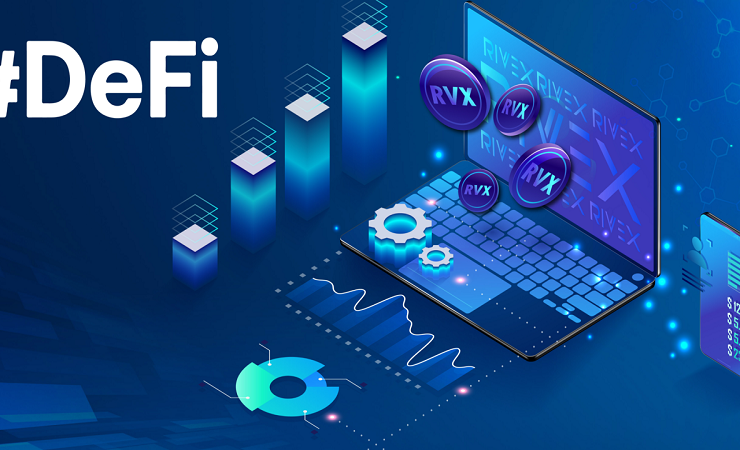

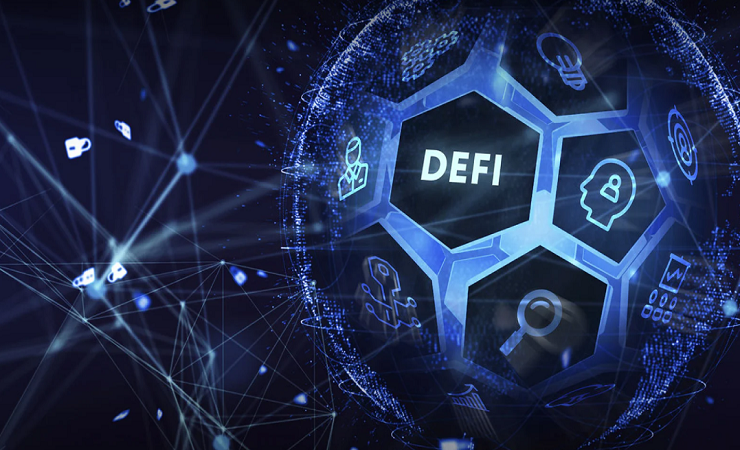

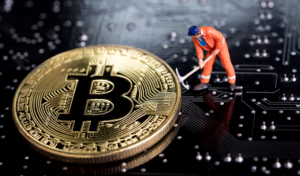


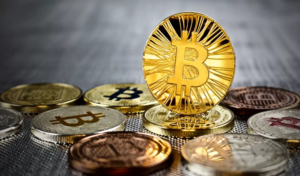
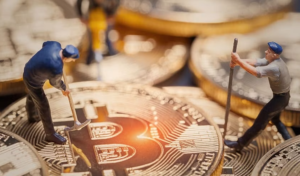




Post Comment